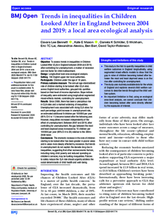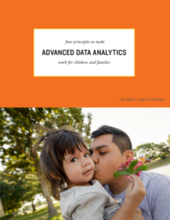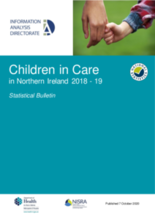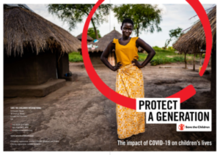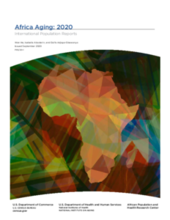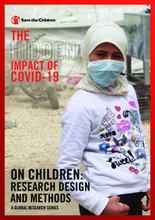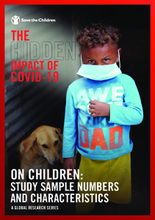Displaying 51 - 60 of 565
The purpose of this study was to assess trends in inequalities in Children Looked After (CLA) in England between 2004 and 2019, after controlling for unemployment, a marker of recession and risk factor for child maltreatment.
This article proposes a methodological workflow for data analysis by machine learning techniques that have the possibility to be widely applied in social issues.
The ECDI2030 is a tool, developed by UNICEF, to measure progress toward SDG indicator 4.2.1. It captures the achievement of key developmental milestones by children between the ages of 24 and 59 months. Mothers or primary caregivers are asked 20 questions about the way their children behave in certain everyday situations, and the skills and knowledge they have acquired.
This brief looks at the rapid rise of advanced analytics and explores the controversies, ethical challenges and opportunities that it creates for youth- and family-serving agencies. It also presents four principles for identifying effective and equitable advanced analytics tools.
This Australian research project explored the prevalence of kinship care households in Australia, with a particular focus on households headed by young kinship carers.
This publication presents the latest figures on children and young people in care in Northern Ireland.
This report is one in a series presenting findings from Save the Children's Global COVID-19 Research. The results presented in this report focus on quantitative data.
This report illustrates current patterns and projected trends of population aging in Africa and empirical evidence of the socioeconomic circumstances and health status of older Africans. Among other findings, the report notes that older Africans, especially older women, play an active role of caregivers or guardians of younger-generation kin.
This report presents the global COVID-19 research series design and methods.

